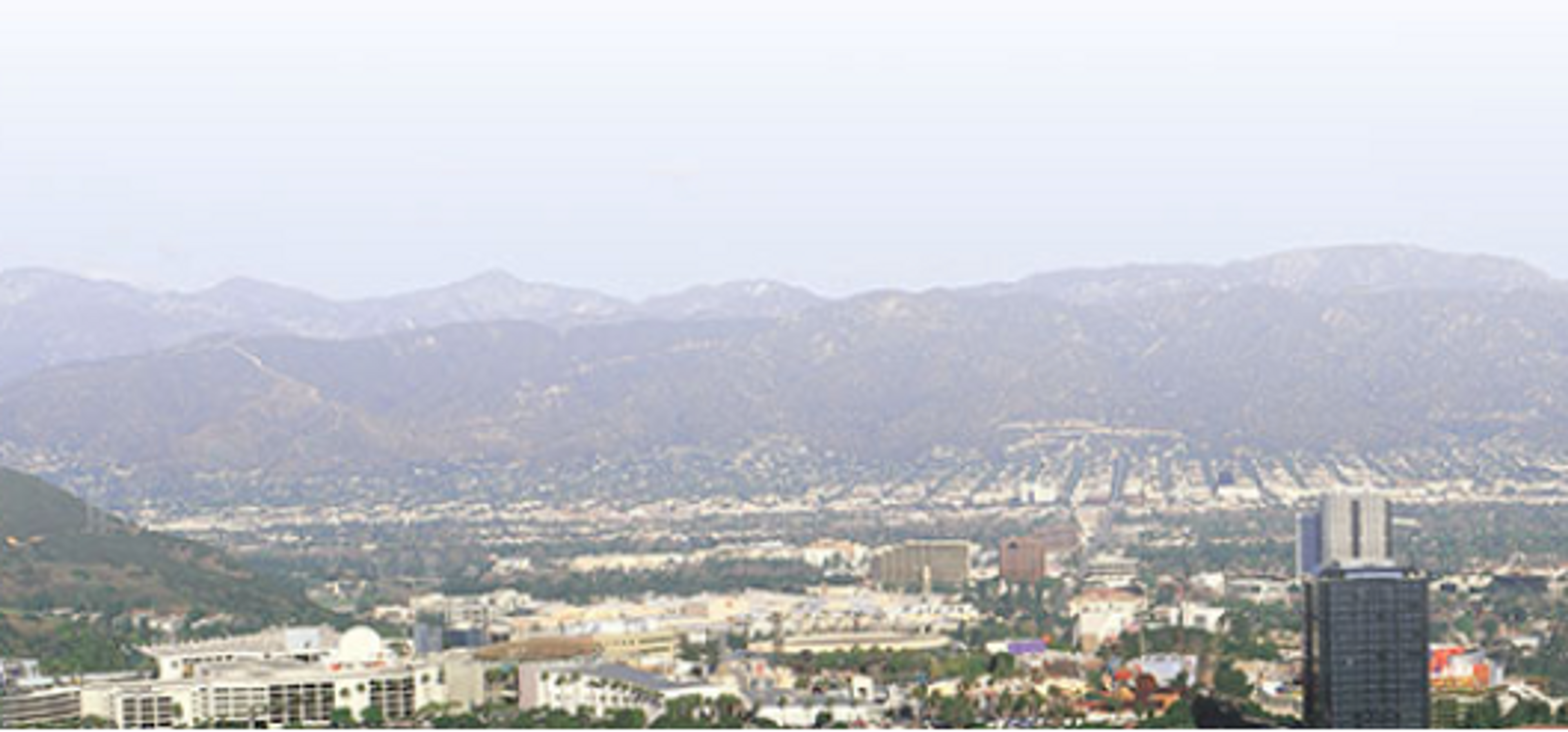Willie L. Brown, Jr.
Willie Lewis Brown, Jr. was born in Mineola, Texas. He enrolled at San Francisco State, hoping to become a math instructor. Once in college though, he was quickly swept up into the world of campus politics. He became active in his church, and in the San Francisco chapter of the NAACP. After earning a degree in political science, Willie Brown went to Hastings law school, where he was elected president of his class. There were few African American attorneys practicing in San Francisco at the time, and Brown made a name for himself in the community by taking on cases other attorneys would have dismissed as hopeless. Throughout the ’60s and onto the ’70s, Brown played an increasingly important role in the California Democratic Party. He made his first impact on the national stage in 1972, when he electrified delegates to the Democratic National Convention with a fiery speech delivered during a credentials fight. When Unruh stepped down in 1974, Brown seized the chance to run for Speaker of the Assembly but did not win. By 1980, Brown was ready to try for the Speakership again, and won the office with an unexpected coalition of 28 Republicans and only 23 Democrats. Throughout the 1980s and early 1990s, Brown exercised unprecedented power in the legislature, dictating budget agreements to a succession of Governors, Democratic and Republican. When Willie Brown ran for re-election in 1994, California’s newly-enacted term limits assured that it would be his last stint in the legislature. Although Brown easily retained his Assembly seat in 1994, Republicans won a one-vote majority in the California State Assembly and it appeared that Willie Brown’s record-setting tenure as Speaker was finally over. Brown pulled off a remarkable upset, clinging to his leadership of the Assembly by a margin of a single vote, cast by a Republican member whose loyalty Brown had won in an earlier session. When the Republican dissenter was recalled in a special election, Brown stunned the opposition again, by persuading another Republican member to stand for Speaker against the Republicans’ chosen leader. Brown’s choice won the votes of all Democrats and a single Republican in the Assembly. When Brown’s chosen successor was also recalled, he persuaded Democrats to support the candidacy of the one Republican who had supported Brown’s choice for Speaker, thereby dooming the hopes of Brown’s Republican rival for a third time. The Republican majority were forced to withdraw their first choice and elected a fourth Speaker for the brief remainder of the Assembly session. Willie Brown had returned to San Francisco to run for Mayor. He faced considerable challenges, including an incumbent opponent with broader appeal to the political center, and two challengers from the left, one with considerable appeal to the city’s large gay community. Brown’s natural base of support among African Americans counted for little in a city where they were less than a quarter of the city’s population. After a fiercely fought primary contest, Brown won the right to face the incumbent mayor head-on in the general election and won the endorsement. Willie Brown won and began his term as one of the most popular mayors in the city’s history, and was easily re-elected to a second term. Although an economic downturn strained the city’s finances in his second term, when he left office in 2003, Mayor Brown was able to see his chosen successor elected in his place. Willie Brown’s eight years as Mayor of San Francisco provided a fitting climax to a career in public service spanning nearly 40 years. Since leaving office, he has written a daily newspaper column for the San Francisco Chronicle, hosted a daily radio program in San Francisco, and is a regular commentator on the national cable news network MSNBC. In another vein, he has founded the Willie Brown Institute on Politics and Public Service, an independent, non-profit forum for non-partisan education, debate and discussion of public policy issues. He has shared the lessons of his life — in and out of politics — in his 2008 autobiography, Basic Brown.
Brown was previously a member of Think Long California.
